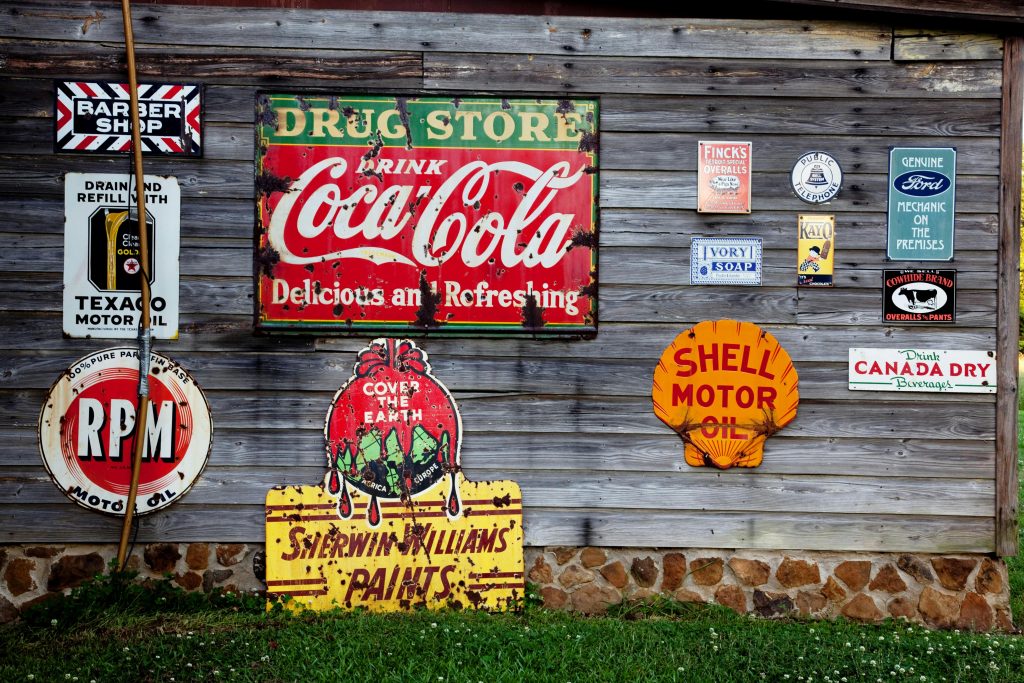Robin Khokhar
Robin Khokhar is an SEO specialist who mostly writes on SEO. Thus sharing tips and tricks related to SEO, WordPress, blogging, and digital marketing, and related topics.
Augmented reality apps for marketing purposes are one of the top current trends, with leading companies, across industries adopting augmented reality services...

Image Credits: pexels
Augmented reality apps for marketing purposes are one of the top current trends, with leading companies, across industries adopting augmented reality services to woo customers. The unique buying experiences that companies can afford to offer their consumers make AR technology one of the most sought-after for businesses.
Interested customers are always keen on trying out the products they wish to buy. These require services such as fitting rooms, cosmetic samples, automobile test drives, and so on. Enter AR Solution Australia and you have a novelty in consumer experiences.
For instance, customers can now try on clothes and accessories, makeup items, check out the fit and dimensions of home furniture, and a host of other conveniences, simply through the convenience of a mobile AR app!
One of the leading adopters of AR shopping experiences has been the clothing and retail industry, followed closely by the cosmetics industry. The phenomenon of Vestural fitting rooms is revolutionizing the retail industry at an unprecedented scale.
Augmented reality solution in Australia is making it possible for customers to shed their cumbersome stacks of potential clothing items they will buy to the fitting/ dressing room at the far end of the store. It also saves store employees the trouble of restacking the discarded items of clothing back in order.
Customers can simply access the digital catalogs of clothing brands, pick and choose a few items that interest them, try them on in the virtual fitting rooms, and make a purchase decision completely free of any hassles!
The same applies to the cosmetics industry where customers can try on makeup products and see if it suits them, digitally. This is a welcome change from conventional buying practices in the cosmetics industry where customers would have to really on guesswork to make their buying decisions.
Customers can now rely on augmented reality support to access additional information on products or to even experience any supplemental consumer experience. AR app development in Melbourne is progressing at a rapid pace and businesses are leveraging this advantage to add digital components to the consumer experiences.
For instance, a leading coffee brand was able to incorporate an augmented reality experience for its customers visiting its store. This way, the brand could provide virtual tours of their store for consumers with layers of additional information on their products.
Give your branding materials a new impetus with AR applications. For example, add a digital component to business cards that can be scanned and printed by your customers to access additional information on your products and services. Let your buyers know that you are keen on giving them a memorable brand and shopping experience, and not just interested in making a profit out of their purchases!
Throw your old sales brochures and flyers out of the window! Augmented reality solutions let you create dynamic and innovative sales material, that too in a digital format. Your customers will be delighted to have access to a customized world of product lines.
Businesses are well aware of the demand for customized products from their customers. Managing such demands can turn out to be a Herculean task for many businesses. Augmented reality solutions empower customers to become proactive designers of their desired products.
Customer inputs on product design can be conveyed to vendors, in real-time, thereby facilitating a seamless feedback system. Vendors then know what it is that the customer wants exactly. To put it simply, AR technology straddles the two worlds of customer expectations and demands and the level of fulfillment by businesses.
The augmented reality experience has found particular resonance in the automotive industry, not only expediting the process of vehicle production but also customer experience. For example, by adding a QR code or a bar code to a car company’s brochure, the car experience can be brought directly to the customer’s mobile devices.
Allow your customers to go through every technical detail and car feature, with their possible colors and variations. For example, a customer can now experience car interiors without actually needing to step into a car showroom! Using mixed reality (a combination of AR and VR), leading car manufacturers are already providing virtual test drives to potential customers. This way, the need to maintain extensive and expensive inventory in a physical showroom would be nullified as auto dealers get to demonstrate the key features of the cars they are selling by way of AR apps.

Market surveys show that the chances of a successful online sales conversion approximately grow by 40% if it has an AR component that customers can experience during shopping. As already mentioned, this is primarily because of customer expectations of customized products and personalized shopping experiences.
The world of augmented reality has ceased to be a novelty for businesses and industries looking too promising and securing future growth. Gone are the days when AR would be synonymous with the gaming sector. Now, to be at par with the competition, it has become imperative to incorporate AR elements into sales and marketing strategies.
Suggested:
How Digitization is Scaling up the Automotive Sector?
How and When to Use Augmented Reality Remote Assistance in Business in 2021?